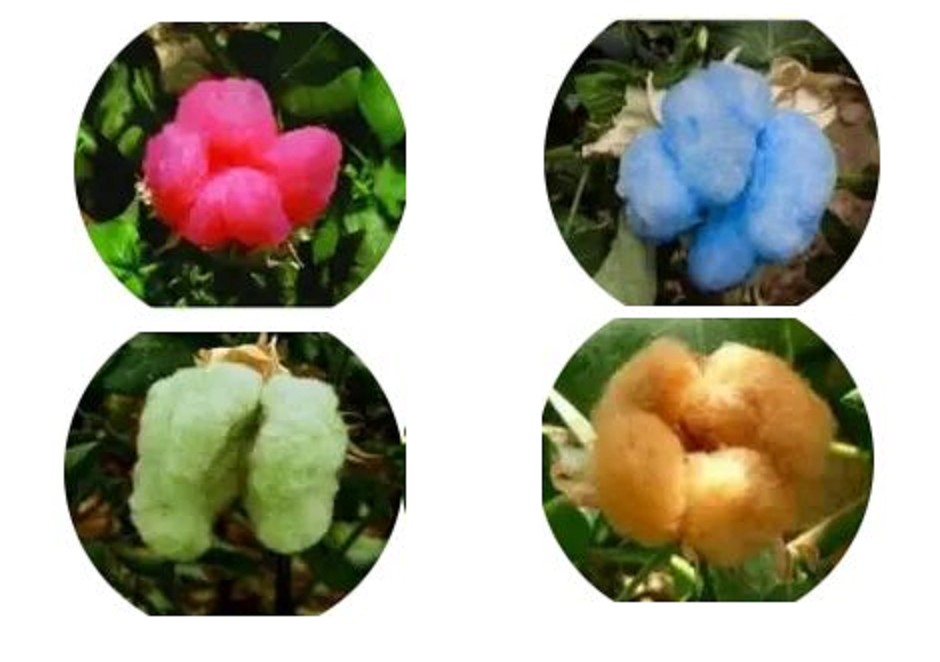In the ever-evolving world of fashion, the lack of transparency and traceability across the supply chain has long been a challenge. This opacity not only hinders sustainability efforts but also complicates compliance with increasing regulatory demands worldwide. Recent years have seen a surge in sustainability regulations, requiring fashion brands to maintain meticulous records of their entire value chain. Consumers, more environmentally conscious than ever, now demand detailed product histories that verify sustainability claims. This mounting pressure for transparency is reshaping the fashion industry, compelling brands to adapt or risk obsolescence.
A Solution: Digital Product Passports via TextileGenesis and EON Collaboration
In response, TextileGenesis and EON have forged a groundbreaking partnership. This collaboration leverages EON’s product digitization expertise and TextileGenesis’ robust traceability technology to offer fashion brands an unrivaled tool: the Digital Product Passport (DPP). This innovative solution not only meets the stringent requirements of new regulations like the European Union’s Ecodesign for Sustainable Products Regulation (ESPR) but also satisfies the consumer’s call for transparent and sustainable products.
What is a Digital Product Passport?
The DPP is a digital record that encompasses extensive details about a product’s lifecycle, from its origin through to its end-of-life options. This includes data on materials used, environmental impacts, repairability, and recyclability,, etc. Essentially, each product receives a unique identity, accessible via a QR code or NFC chip, offering a transparent view of its history and sustainability credentials.
Impact of the TextileGenesis and EON Collaboration
The integration of TextileGenesis and EON platforms promises to eliminate data silos, providing a seamless flow of verified information. This not only aids brands in managing regulatory compliance effectively but also enhances customer trust by ensuring every claim about a product’s sustainability can be reliably verified. Furthermore, the initiative supports circular business models by facilitating easier repair, resale, and recycling of products.
The Broader Impact: Shaping Industry and Consumer Behavior
The initiative by TextileGenesis and EON is expected to set new standards in the industry, pushing other brands towards greater transparency. This move not only aligns with global sustainability goals but also reflects a significant shift in consumer expectations, where transparency is no longer a luxury but a necessity.
Conclusion: A Step Towards a Transparent Future
This collaboration between TextileGenesis and EON could very well be a turning point for the fashion industry, offering a blueprint for how technology can foster a more sustainable and transparent world. As regulations tighten and consumer demands evolve, such innovations will likely become the norm, shaping the future of fashion in profound ways.



